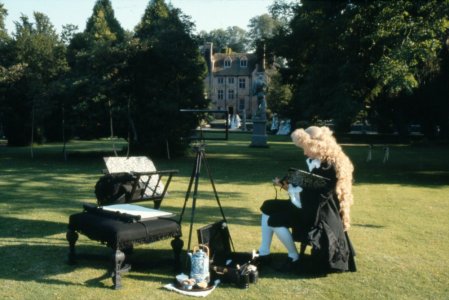“Be secret; I charge you, Pamela”: il Settecento inglese e i paradossi del realismo
Abstract
The 18th century English novel, a product of a middle-class Protestant ethic imbued with didacticism and moralizing tendencies, is grounded on the expected coincidence between conscience and practical action, and more precisely on transparency as an ideal. This coincidence underpins the raw realism of a genre which, in line with Barthes’ “reality effect”, also purposely embraces ugly and picaresque aspects of contemporaneity; hence, there should be no room for secrecy and mystification, unless given as a warning to young and unexperienced readers. Nonetheless, intention and praxis diverge: within the ideological framework of modernity, novels become the expression of a political unconscious marked by conflictual contradictions.
Samuel Richardson’s Pamela; or, Virtue Rewarded sparked a lively debate between opposing sides of the public arena, Pamelists and Anti-Pamelists. The story of a morally upright fifteen-year-old maid-servant whose recompense for the unswerving rejection of her master’s advances – as well as for her extraordinary physical and moral qualities – ends up being an otherwise inconceivable upscale marriage, Pamela shows that “virtue” and “reward” have utterly different meanings when seen in connection with either mundane ascetics or opportunistic commodification. A close reading shows how these meanings actually coexist in a multilayered text which, as is typical of 18th century novels, inextricably mingles truth and lies, and shows that a “Secret” informs and upholds the paradoxes of realism.

Downloads
Pubblicato
Come citare
Fascicolo
Sezione
Licenza
Copyright (c) 2023 Elephant & Castle

TQuesto lavoro è fornito con la licenza Creative Commons Attribuzione 4.0 Internazionale.





